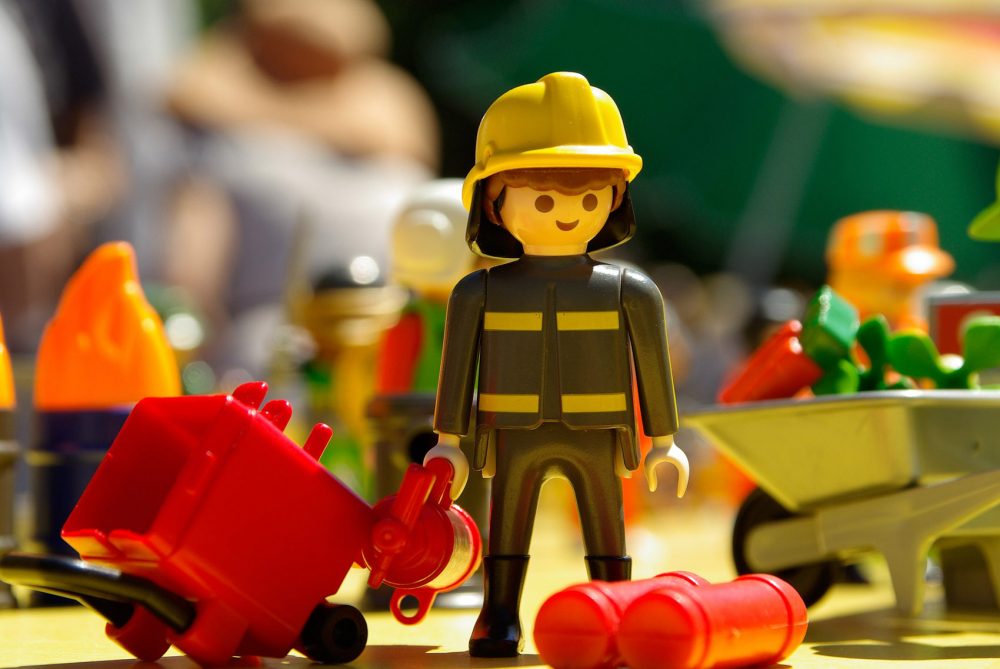Advertisement
Guest Commentary: If You Want Kids To Work, Teach Them To Play

Recently Essex public schools joined a short list — but a growing one — of schools here and across the country that are saying no to homework for our littlest students. These schools recognize the research that shows homework offers no benefit, no academic improvement, in the elementary grades.
Parents searching for educational rigor are often skeptical of such changes. After all, isn’t more work a sign of rigor?
A friend emails me now and then with just this sort of question. She lives with her three children in Manhattan, where parenting is an extreme sport.
Intuitively, she knows that her children’s destiny is dependent more on her and her husband’s love and support than on their children’s early exposure to, say, Magyar or quantum mechanics. Even so, when a fellow parent asked her, “Why shouldn't we push our kids to their limits? If some kids can find Vietnam on a map, why not mine?” my friend was at a loss.
She knew that pushing academics and preschool geography on 3-year-olds wasn’t right, but … why not?
As a developmental psychologist, I’ve studied the research that clearly shows the value of an enriched early environment. Hearing more words, exploring more toys and reading more books can lead to valuable, measurable gains by the time a child is in kindergarten. So why not do more, sooner? The desire to provide enriched experiences is fostered not only by science, but also by a desire to keep up with the Joneses and their academic program.
The problem is that the Joneses don’t understand how children learn. Cramming as much information into children’s heads as early as possible is not the same as learning or understanding — much less being an engaged and enthusiastic student.
No matter, you might say. It’ll be there when the understanding kicks in. But research shows that heavily didactic instruction is stressful for preschool children, because it usually involves sitting still for a long period of time and memorizing incomprehensible material at a time when, developmentally, preschoolers need to be actively engaged in the world around them.
Well into the elementary school years, children’s education and intellectual curiosity is threatened by stillness and memorization. Learning to read and write is much more fun and motivated when creating a menu for a game of “restaurant,” for example, than during didactic instruction. With support and guidance from a well-trained teacher, children’s curiosity is piqued by interesting environments that draw them further into exploration and a desire to know and understand the world.
By contrast, relentless drills of letters and numbers run the risk of equating school with boredom and frustration, effectively shutting down the very processes that will make them good students: curiosity, persistence and emotional investment. Didactic instruction on the location of Vietnam does not help a young child understand the symbolism of a map, never mind the abstract concept of a sovereign nation as a place with borders, geographic features and inhabitants.
The real issue, however, is not the ridiculousness of geography lessons for students who don’t have a clue what a map is or how to use it. What really matters is what children are not doing when they are busy memorizing, like playing together.
Let’s say children are engaged in a rousing game of “firefighter.” Their actions may look like simple imitation, and to some extent they are, but successful social pretend play requires a whole host of important skills.
Fantasy firefighters must discuss, narrate and agree on the storyline, which requires exercise of their burgeoning verbal skills and effective communication. They alternate between negotiating the details of what is happening (“Let’s pretend the baby’s room is on fire”) and enacting the play (“Here I come, baby!”), a process that requires mentally switching from fantasy to reality and back — and a good dose of planning besides.
If they have different ideas about what should happen, they must resolve those conflicts, find compromises, attend to their play partners’ ideas and feelings and regulate their own emotions all the while, or the play will collapse. And, undoubtedly, they will need to cooperate and coordinate their efforts if the baby is to be saved.
These skills — communication, negotiation, planning, cooperation, coordination, compromise, empathy, emotion regulation — require extensive practice, and they are the secrets to smooth interpersonal interactions in adulthood. So, as I told my friend, the response to the Joneses is simple. Tell them that while their child is in geography class, learning to label the green blob on a colorful piece of paper as “Vietnam,” your child will be learning to be the ambassador to Vietnam.
Tracy Gleason is a psychology professor at Wellesley College.
Editor's note: Edify welcomes guest commentaries. If you'd like to write one, check our guidelines here and get in touch.